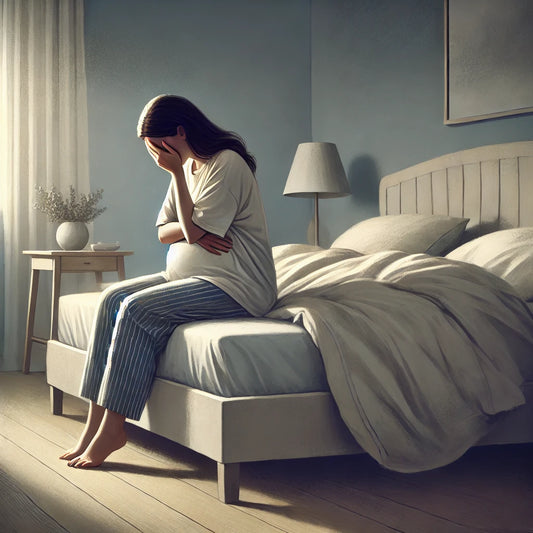An STD (Sexually Transmitted Disease) is an infection transmitted through sexual contact. This can occur through vaginal, anal, or oral sex, as well as through intimate skin-to-skin contact. STDs are caused by bacteria, viruses, or parasites.
How do you get an STD?
You can contract an STD through unprotected sexual contact with someone who has an STD. This can happen during:
- Vaginal, anal, or oral sex without a condom.
- Intimate contact with infected skin or mucous membranes, such as with herpes or genital warts.
- Sharing sex toys without cleaning them or using a new condom.
What are the dangers of an STD?
STDs can cause serious health problems if left untreated, such as:
- Infertility: Certain STDs like chlamydia and gonorrhea can lead to infertility.
- Chronic pain: Infections can lead to chronic pain in the lower abdomen.
- HIV and AIDS: Untreated STDs can increase the risk of contracting HIV.
- Complications during pregnancy: Some STDs can have severe consequences for pregnant women and their babies.
- Reduced immunity: STDs can weaken your overall health.
Can you get an STD at any age?
Yes, anyone who is sexually active, regardless of age, can contract an STD. The risk exists for anyone engaging in unprotected sexual contact, regardless of age, gender, or sexual orientation.
What can you do if you have an STD?
- Get tested: If you have symptoms or after unprotected sex, it’s important to get tested.
- Use condoms: This is the most effective way to protect yourself against most STDs.
- Seek treatment: If you test positive, the doctor can prescribe the appropriate treatment, such as antibiotics for bacterial infections or antiviral medications for viral infections.
- Inform sexual partners: This is important to prevent further spread.
Where can you go for help?
- General practitioner: Your doctor can test and treat you for STDs.
- Public Health Service (GGD): You can often get an anonymous and free STD test here.
- STD clinics and sexual health centers: For advice, testing, and treatment.
- Online self-tests: These are available, but reliability can vary. It’s often safer to test through an official institution.
How do you sign up?
- At the doctor’s office: Make an appointment and discuss your symptoms or concerns.
- At the GGD: You can often schedule an appointment online or by phone for a test.
- Through websites of sexual health centers: You can also schedule an appointment anonymously.
If you think you have an STD, it’s important to seek help as soon as possible. Treatment is often straightforward and can prevent many long-term health problems.





